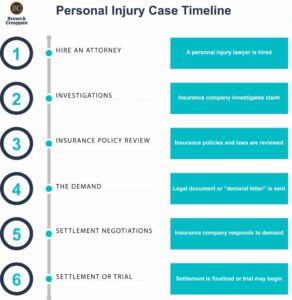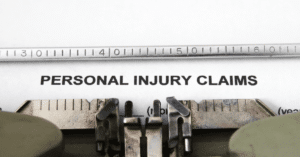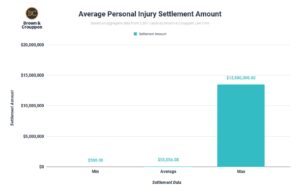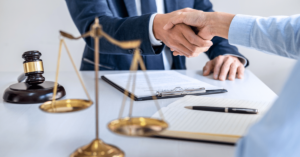PARALEGALS HELP THE TEAM STAY ON TRACK AND IN COMMUNICATION
Paralegal trial preparation starts with scheduling initial meetings with the complete legal team, several months before going to court. Paralegals keep everything and everyone on track by knowing what each person’s job is and trying to spread out the work as evenly as possible.
Some tasks that come with being a trial paralegal include:
- Coordinating the schedule: They coordinate the calendar for everyone, such as the attorneys, clients, experts, witnesses, etc. This also covers any travel, hotel accommodations, Uber/taxi reservations, live video testimony, such as setting up Zoom or other telecommunications software.
- Filing all pre-trial motions: This includes designations, jury instructions, as well as last minute filings, while monitoring all pre-trial deadlines.
- Assisting with jury selection: Paralegals keep notes specific to each juror, such as occupation, whether a prior juror/foreperson had a prior civil case, are against attorneys, facial expressions and negative/positive responses to questions. When it comes time to pick the jury, the paralegals’ notes are incredibly valuable.
- The trial presentation: Trial paralegals know their trial software. Several months out, they start uploading all deposition exhibits, video depositions, transcripts, video, and any other pertinent documents that will be used. Once given the deposition designations that are ruled on, the paralegal will move forward with editing/cutting any video that the attorney(s) want presented (if they do not use a trial service).
- Witnesses, Documents, Exhibits: Paralegals assist the attorney in helping prepare the witness for testimony, prepare documents for during trial and keep track of what exhibits are offered and whether they were admitted or not during trial. Pro tip: it helps to have an exhibit list with columns for that. Paralegals will also help with assisting their client and witnesses with appearance and how to dress for trial.
- The point of contact: The trial paralegal is the contact person for the trial team, experts, witnesses, vendors etc. This takes away one less thing for the attorney(s) to worry about. Paralegals are also the person interacting the most with the law clerk/court reporter. It is important to accommodate them as much as possible. For example, the court reporter always appreciates when paralegals give them a copy of the exhibit and witness list before jury selection starts. The judge also appreciates having a binder that is indexed with the exhibit and color-coded deposition designations.
- Errands: If there is an errand to do it will most likely be done by the paralegal.
Paralegals will run last minute errands, like running out for an extension cord, coffee, paper, ink cartridge, coffee, lunch, dinner etc.
- Communication: Paralegals have to be on the same page with the attorneys when it comes time for trial. The team relies on paralegals to give their honest opinions on theories or questions for witness examination, because frankly, the paralegal’s insight is very important. Attorneys need it.
- Courtroom setup: Usually the week before trial begins, the paralegal will coordinate with the law clerk to come see where the equipment will go, which table they’ll be sat at, screen placement, and test the sound system.
Lastly, among all the points mentioned, all trial paralegals should know or will learn that no trial runs perfectly, and mistakes or glitches will happen. Trial paralegals must remain cool, calm and collected in those moments and fix whatever the issue may be. Whether a trial ends with a win or a loss, it makes paralegals better at doing their job for the next case.
One more thing to add that trial paralegals do, and it probably comes as no surprise, they tend to drink a lot of caffeine.
At Brown and Crouppen, our team of highly dedicated and knowledgeable paralegals contribute to our success every day. Call now for a free consultation.








